coastaldigest.com web desk
May 2,2020
Newsroom, May 2: The Delhi Police’s move to book Delhi Minorities Commission chairman Zafarul Islam Khan under sedition charges over his social media statement condemning Hindutva bigots has raised many eyebrows.
A pubic statement has been issued in solidarity with Zafarul Islam Khan by a group of NGOs and citizens which condemned the media trial targeting Khan.
The statement demanded legal action against those who are distorting Khan's Facebook post and spreading false propaganda against him.
Delhi Police Special Cell registered the FIR against Khan on the complaint of a Vasant Kunj resident. The complaint came to the Lodhi Colony office of the special cell, after the assistant commissioner of police (ACP) Safdarjung Enclave forwarded it.
The investigation has been handed over to special cell inspector Praveen Kumar.
According to the FIR, Khan has been booked under several sections of the Indian Penal Code -- 124 A (sedition) and 153 A (Promoting enmity between different groups on grounds of religion, race, place of birth, residence, language, etc,).
Khan on April 28 had posted controversial comments on his Facebook page. "Mind you, bigots, Indian Muslims have opted until now not to complain to the Arab and Muslim world about your hate campaigns and lynchings and riots. The day they are pushed to do that, bigots will face an avalanche," Khan had written on Facebook.
However, the Delhi Minorities Commission's chief on Friday had apologised for his controversial remark and had said that he never tried to tarnish the image of India. He also removed the controversial post from the social media and issued a prolonged clarification.

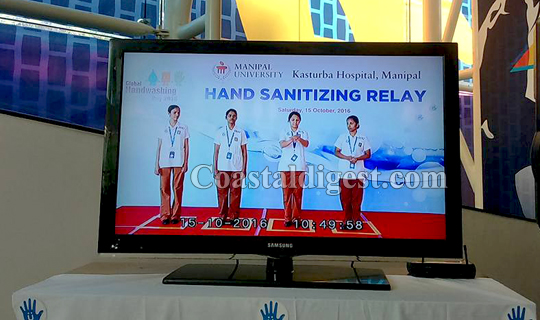

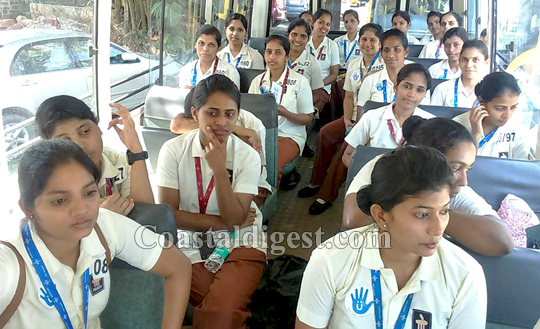
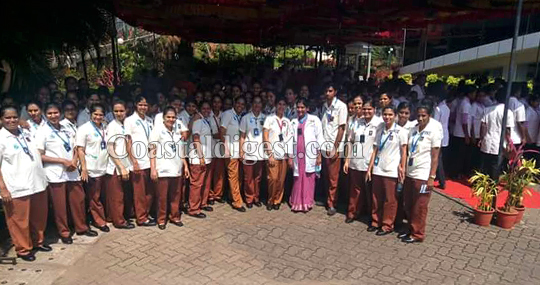



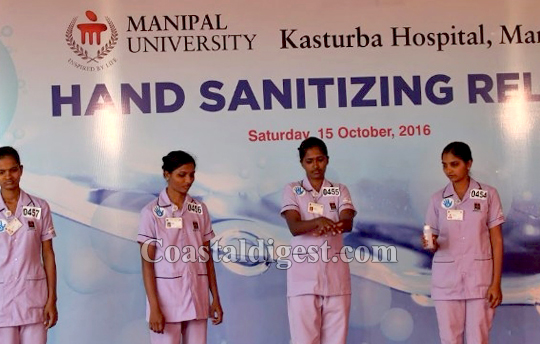
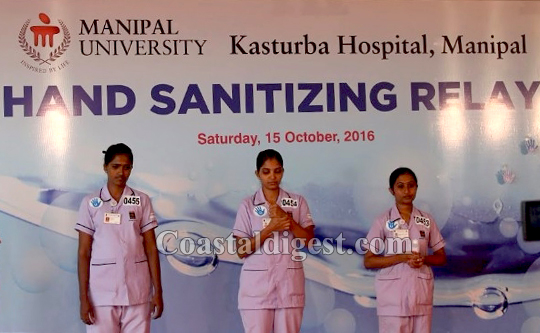
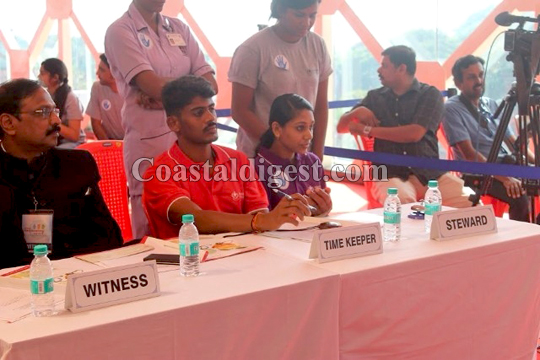
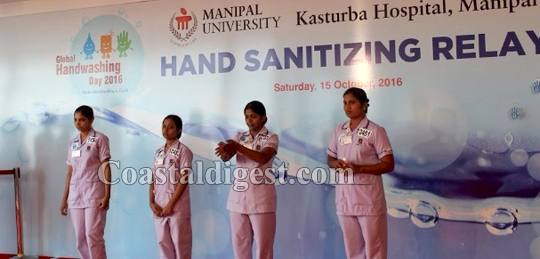
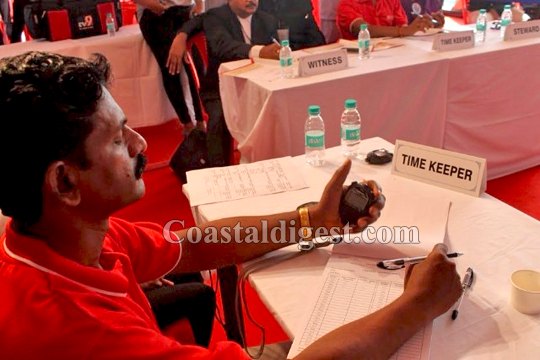
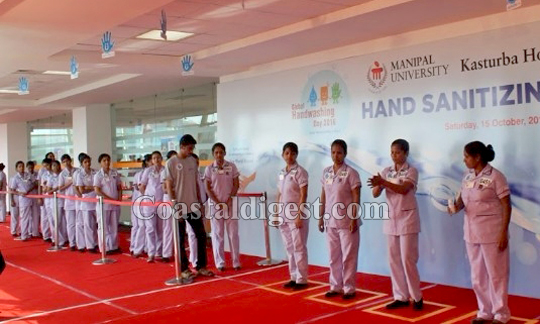
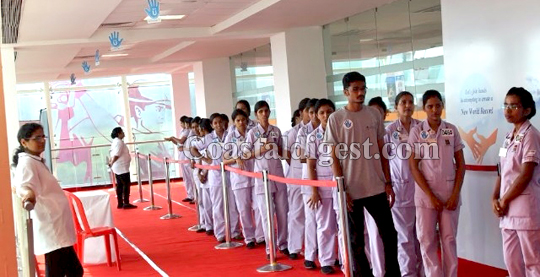
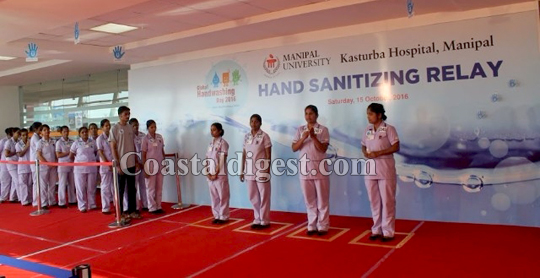


Comments
Naren Kotian Avare, Neevu Madarasadalli Jihadigalu brain wash madthare antha heliddiralla... Omme madarasakke beti need alli enu kalistharentha node..... ellarigooo yavaa madarasakoo svagatha...
summane bere bere communityannu dooruvudakkintha thamma thamma communitiyannu sari padisali prayathinisi.
Hand wash okay ...jihadigalu brain wash madrasa dalli madtharalla adanna sanitize madokke Israeli sanitizer bandidyanthe howda...haha
Do they clean themselves regularly after using toilet? I think may be 5 percent.
what's there for record in that? i do everyday handwash.
Add new comment